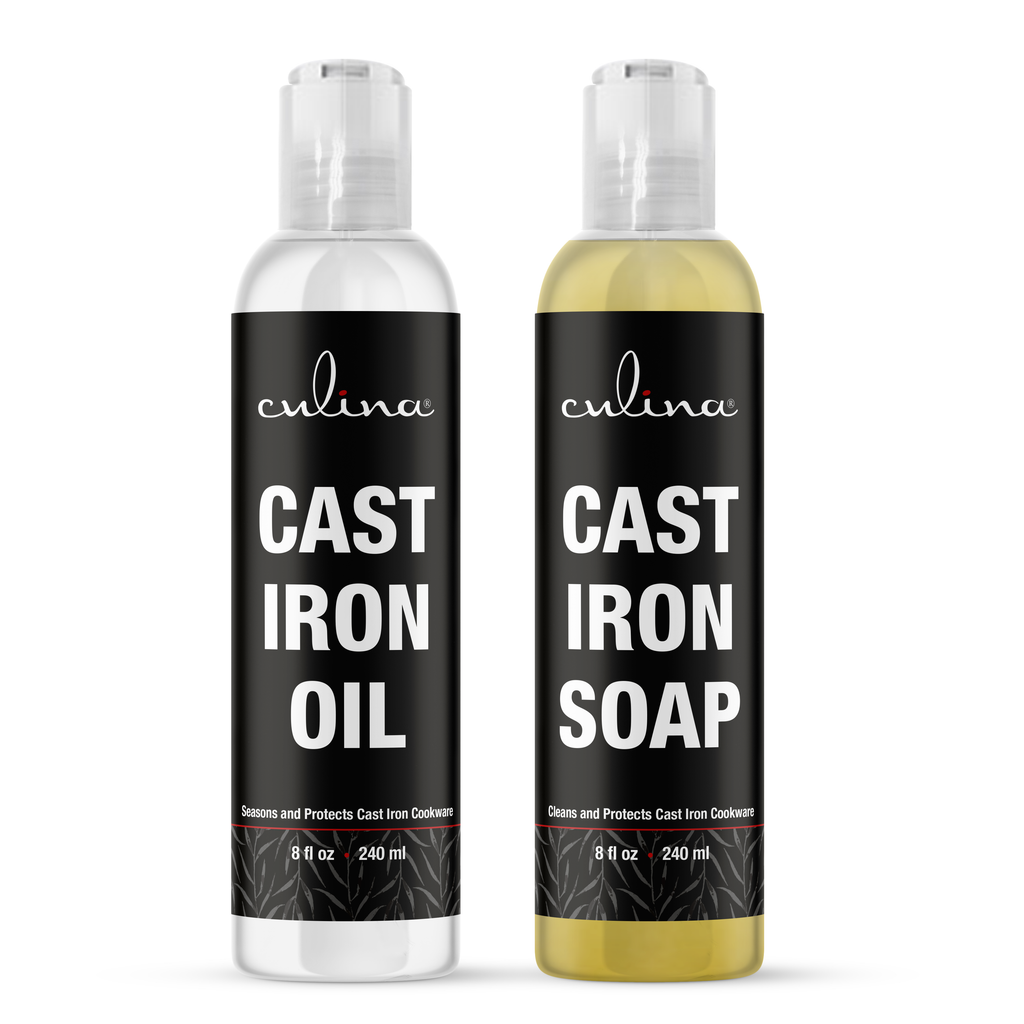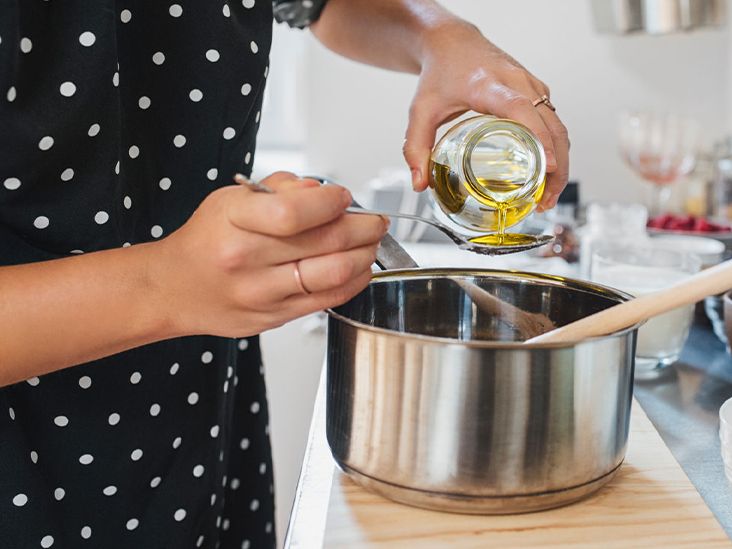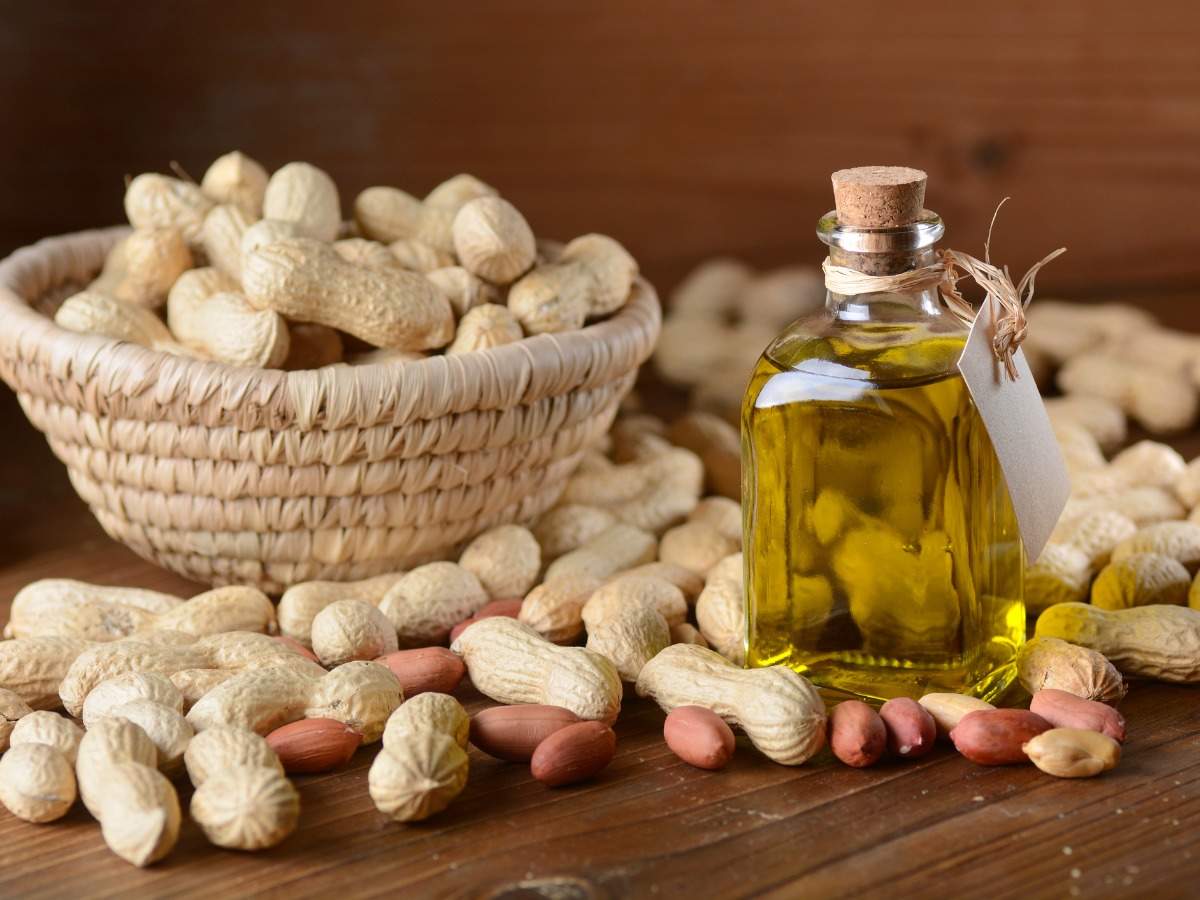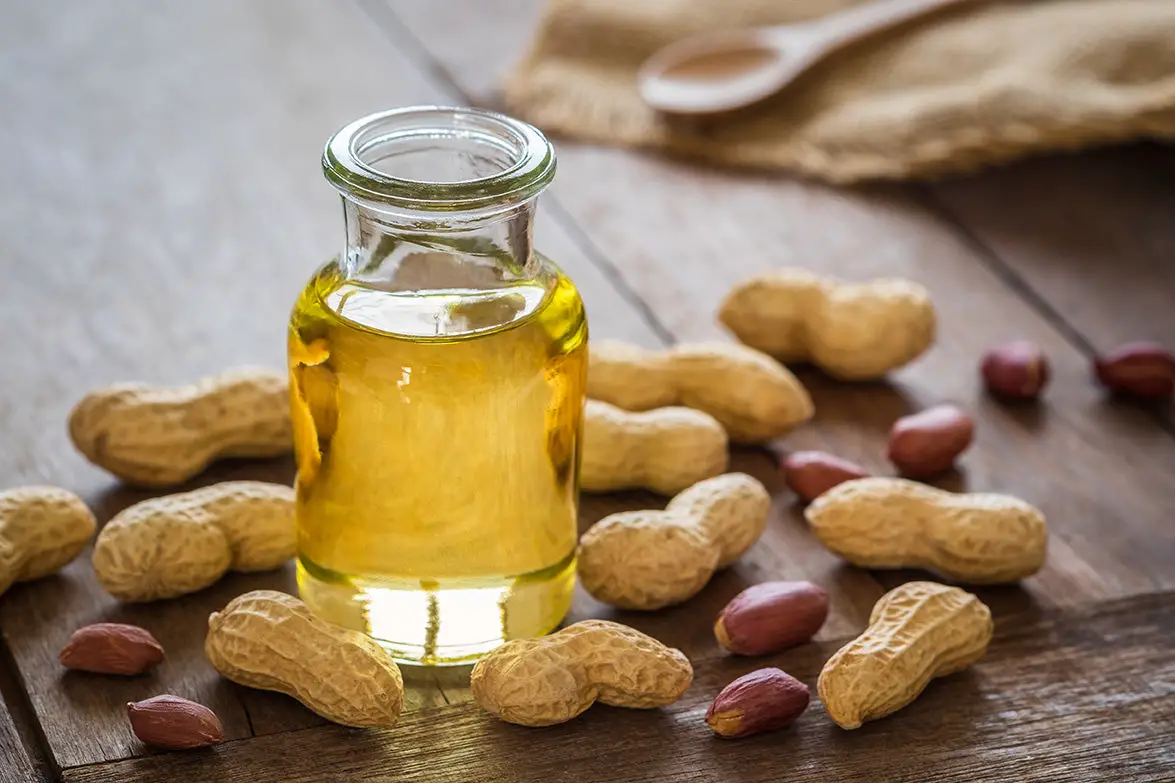How to Dispose of Peanut Oil Safely and Responsibly?
For beauticians who often find themselves in the kitchen frying up some delicious treats, its important to know how to dispose of peanut oil responsibly. As many beauticians dive into frying as a form of culinary artistry, managing leftover oil becomes crucialnot just for hygiene reasons, but also for environmental sustainability.
Peanut oil is a popular choice for frying due to its high smoke point and flavor. However, the cleanup can be daunting. Improper disposal can lead to clogged pipes and environmental issues. In this complete guide, we will discuss the best practices, methods, and alternatives for the disposal of peanut oil.

Why Proper Disposal Matters
When discussing how to dispose of peanut oil, its critical to understand why proper disposal matters. First and foremost, pouring oil down the drain can lead to severe plumbing problems. It can cause clogs that ultimately burden the sanitation system. Secondly, we need to recognize the environmental impact. Oil can contaminate local water sources and disrupt aquatic ecosystems.
By taking the right steps in disposal, beauticians can contribute to a cleaner, healthier planet, and maintain the reputation for being conscientious professionals.

What to Do with Peanut Oil After Use
Before diving into disposal options, you may wonder what to do with leftover peanut oil after frying. Here are some options:
- Reuse: If the oil is clean (free from food particles), you can strain it through a cheesecloth and store it in a dark, cool place.
- Store: For infrequent use, consider storing the oil. Ensure the container is airtight to preserve its quality.
- Compost: Small amounts of unused oil can be composted. However, be cautious, as large quantities can kill beneficial microorganisms.

Best Methods for Disposing of Peanut Oil
So, what's the most effective way to handle leftover peanut oil? Heres a breakdown:
1. Check Local Regulations
Many municipalities have specific regulations regarding oil disposal. Its important to check if your area has designated oil recycling centers. Taking advantage of these resources fosters a responsible approach to waste management.
2. Use a Container
When preparing to dispose of peanut oil, start by letting it cool completely. Then, transfer the oil into a sturdy container, like a plastic bottle or glass jar. Make sure its tightly sealed to prevent leaks.
3. Find a Recycling Center
Next, locate a local recycling center that accepts used cooking oil. Some restaurants or health departments may also accept waste oilits best to call ahead and confirm.
4. Donate to Biodiesel Producers
Many biodiesel manufacturers accept used cooking oil. By donating your leftover peanut oil, you're not only disposing of it correctly but also contributing to renewable energy. A quick online search can help you find a biodiesel producer near you.

Alternative Uses for Peanut Oil
Rather than disposing of leftover peanut oil, consider some creative alternative uses:
- Temperature-based Treatments: Peanut oil can be used as a carrier oil in beauty treatments, aiding in hair and skin health.
- Lighting: In emergency situations, used cooking oil can be employed as a fuel source in homemade lamps.
- Natural Wood Conditioner: For wood furniture, peanut oil can serve as an effective conditioner, keeping the wood moisturized and vibrant.
Cleaning Up After Disposal
After understanding how to dispose of peanut oil responsibly, it is vital not to overlook the cleaning process. Ensure all tools and containers used during disposal are cleaned adequately to prevent cross-contamination.
For tips on maintaining a clean kitchen during this process, visit Keeping a Clean Kitchen. This will ensure your workspace remains hygienic and safe for culinary practices.
FAQ Section
What happens if I pour peanut oil down the drain?
Poor disposal practices like pouring oil down the drain can cause clogs in your plumbing system and harm local wildlife.
Can I mix peanut oil with regular trash?
Mixing peanut oil with regular trash is not advisable. It's better to secure the oil in a container and take it to a recycling center.
Is there a way to clean up spillage effectively?
For small oil spills, use absorbent materials like paper towels or kitty litter to soak up the oil, then dispose of them correctly.
As an Amazon Associate, I earn from qualifying purchases.

